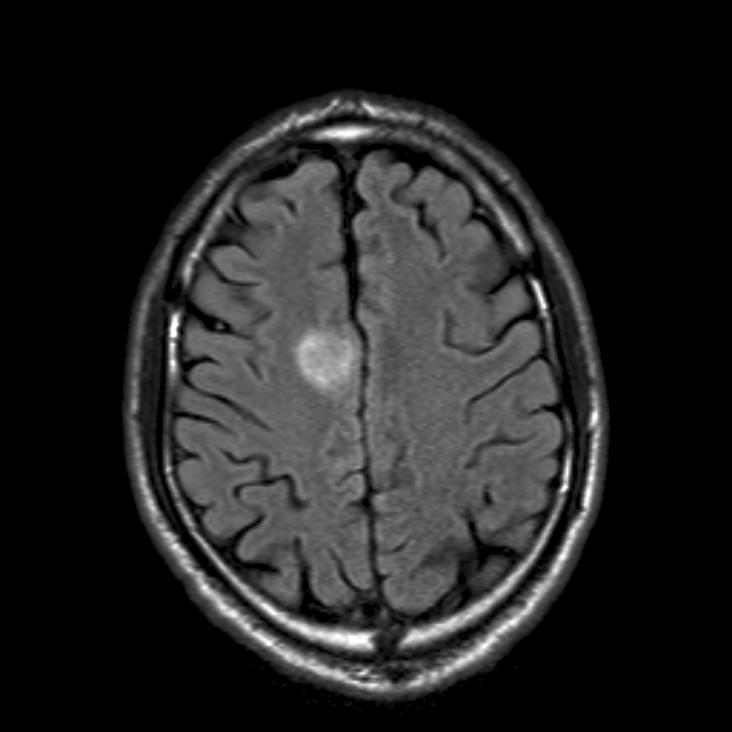by Thomas Berger
Dementia is among the most frequent (neurological) disorders worldwide, causing an enormous burden for patients, relatives and health systems. The variety in symptoms, the complexity of (differential-) diagnosis, the sophisticated neuropsychological testing and the importance of adequate care-giving, including treatments, trainings and settings, requires fundamental knowledge in heterogenous dementia disorders.
Do you look for informations to up date your knowledge or to gain more insights – comprehensive and relevant for daily use in practice ? eBrain provides easy accessible sessions on all aspects of dementia and related disorders.
See some examples from a large number of sessions related to dementia and cognitive neurology:
Performing a Neuropsychatric Examination: http://www.ebrainjnc.com/learning/enrol/index.php?id=587
Investigation of Dementia: http://www.ebrainjnc.com/learning/enrol/index.php?id=298
Memory Disorders: http://www.ebrainjnc.com/learning/course/view.php?id=573
Neurodegeneration: http://www.ebrainjnc.com/learning/course/category.php?id=13
Neuropsychiatric Syndromes in Dementia: http://www.ebrainjnc.com/learning/enrol/index.php?id=572
Dementia With Lewy Bodies: Clinical Aspects: http://www.ebrainjnc.com/learning/enrol/index.php?id=293
Frontotemporal Lobar Degeneration: Clinical Syndromes: http://www.ebrainjnc.com/learning/enrol/index.php?id=291
Young Onset and ‘Treatable’ Dementias: http://www.ebrainjnc.com/learning/enrol/index.php?id=284
Alzheimer’s Disease: Current and Future Treatments: http://www.ebrainjnc.com/learning/enrol/index.php?id=295
Caring For Patients With Dementia: http://www.ebrainjnc.com/learning/enrol/index.php?id=283
Forensic Neuropsychiatry: http://www.ebrainjnc.com/learning/enrol/index.php?id=567
The Forensic Neuropsychiatry of Neurodegenerative Disorders: http://www.ebrainjnc.com/learning/enrol/index.php?id=558
Look for your specific interests or browse them all…..
eBrain, described as “a revolution in medical education and neurosciences” (Holmes 2012, Dassan 2012), represents – with currently more than 600 e-learning sessions – the largest, most comprehensive web-based training resource in clinical neurosciences, and can support both training and continuous professional development. Thus, this unique e-learning program bears the potential to merge European expertise and teaching competence in an European gold standard for learning and continuous medical education in the clinical neurosciences.
eBrain access is for free for EFNS/ENS members and partner organisations, individual passwords can be received via the EFNS Head Office education@efns.org.




